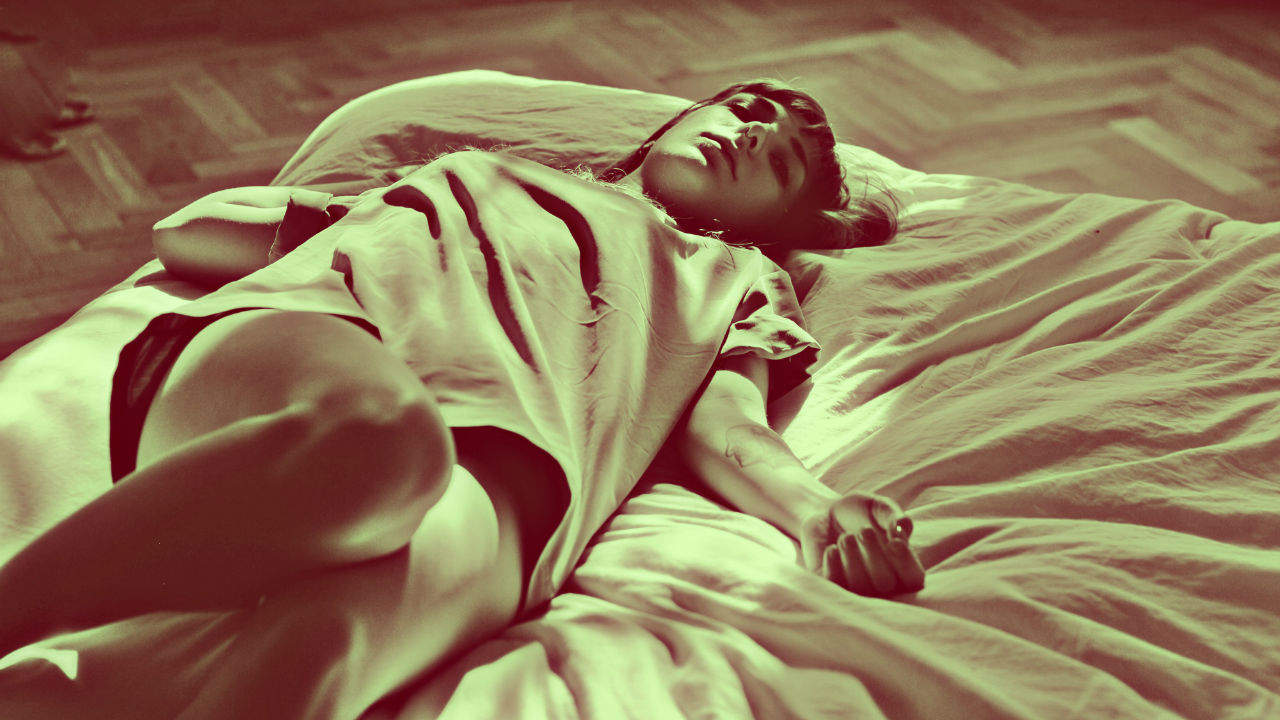Julie Flygare is a leading narcolepsy spokesperson, published author, blogger, yogi and runner diagnosed with narcolepsy and cataplexy. In this video she discusses what it's like living with narcolepsy.
Living with narcolepsy can be difficult. It is very much day-to-day. It is with you every day. So, I have symptoms whether its day time sleepiness and I have to take a nap during my day or my evening or have a vivid hallucination experience while I take a nap or have a cataplexy attack, so these are all part of my daily life, but the longer I have had it, the better I have got it. Scheduling around it, I prioritize my time very carefully to make sure I get the most important things done because I do feel I have a little bit less time, but I have also found that in having symptoms to some degree almost everyday helps me realize all the times I do not have those symptoms, it’s special which is a realization I never thought I would have. It was a very natural process of realizing, oh my gosh, if I am not having a cataplexy attack this is joyful to walk, is joyful to be able to run, wow. So it has added a lot of, oddly, it has added a lot of joy to my life too. Cataplexy is one of the major symptoms of narcolepsy, but it can be often misdiagnosed for epilepsy or fainting. What it is, it is a loss of muscle with a motion and often times that can just be a split second so your knees can jerk a little bit or you might lose your… if you are holding a glass you might lose your grip on the glass for a second or your eyelids might droop, or your jaw might sag. That is cataplexy, it’s just a slight version of it and then can get worse, the point where someone can just completely collapse to the ground and be paralyzed for 30 seconds, a minute, up to two minutes and then eventually that person is still conscious though, so the person experiencing cataplexy is conscious inside a paralysed body, so they can hear you, they just cannot move, they cannot do anything about their position. It is a very normal phenomena, it’s the paralysis that everyone experiences during dream sleep at night. So, when a person enters dream sleep they become paralysed so they don’t act out their dreams and so because it will be dangerous if we acted our dreams. So, I am experiencing the same paralysis while I am conscious because when I have a feeling my brain misperceives it, thinks oh she is entering a dream so I become paralyzed for dream sleep while I am conscious. For me, my worse attacks have been a minute to two minutes and there were few days I could not walk at all. I had to just stay on the couch and when I am inside my body with cataplexy it is really the slowest moments of my life. Basically, I am thinking so I feel like I am alive but I have no control over my position and my body and the first thing that comes to mind to me I think I want to breath deeper, I am breathing but I cannot control it so I just have to wait and they are just the slowest seconds and minutes in my life and then all at once it all comes back and I am able to stand up. It is a very peculiar experience but it is also a big part of having narcolepsy with cataplexy. I think that narcolepsy gets this perception of people falling asleep standing or rather talking. I actually think that is a misperception. Someone that is experiencing cataplexy, if they are in a middle of a conversation, and something is funny, they actually might fall over and they might look asleep because their eyelids are closed and they cannot speak because that is all muscle, but they are actually conscious. So, I think that is more of a misperception of narcolepsy comes from of this falling over asleep might come from the symptoms of cataplexy.









Add a CommentComments
There are no comments yet. Be the first one and get the conversation started!